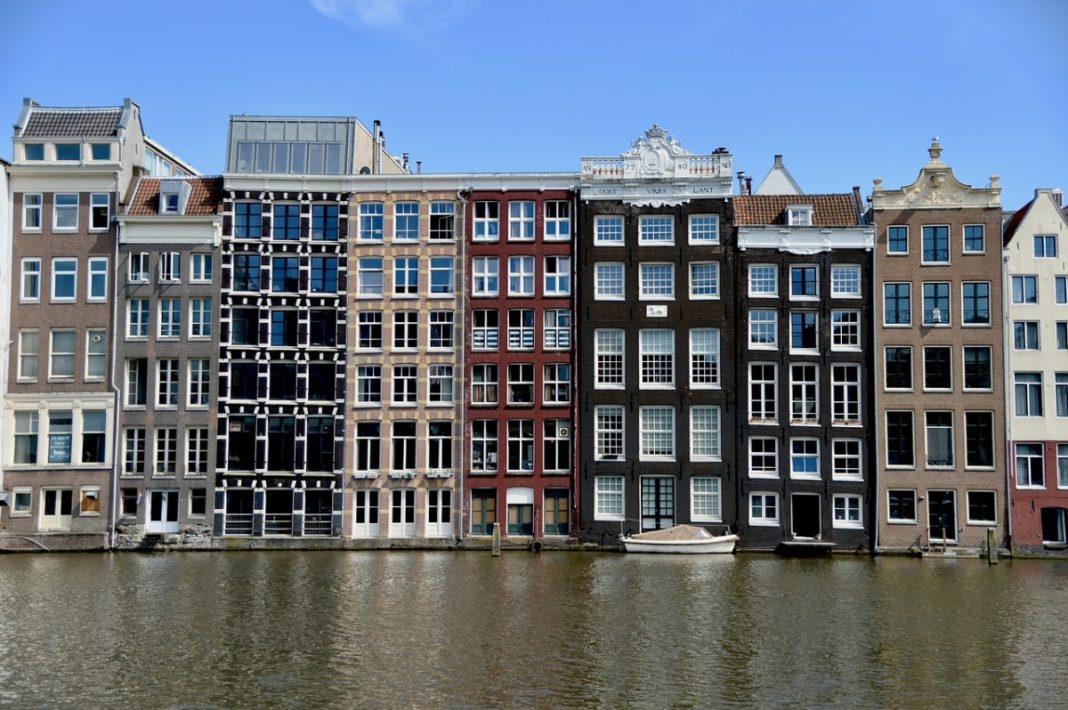Interior Minister Kajsa Ollongren has announced that the Dutch government will not take measures to keep investors out of the housing market. However, she admitted that this was not “a future-proof solution”.
A study commissioned by the ministry, and carried out by the Land Registry and the University of Amsterdam, showed the effects of investors on the prices of houses in the Netherlands. One outcome of the study was that in certain regions- namely, Amsterdam, Groningen, The Hague, Utrecht, Rotterdam and Eindhoven, investors were paying less for homes than first-time buyers, or people moving house.
The effect of investors on house prices
In these regions, investors make up 20 percent of buyers. This is higher than the Dutch national average, which is 15 percent. And, critically, the influence of investors on house prices is visible when they make up only 10 percent of the total number of buyers.
What does that mean in practice? Well, if 10 percent of buyers are investors, house prices will be 3 percent more expensive, explains nu.nl. And the higher the percentage of investors is, the greater their impact on the price. When investors make up 25 percent of buyers, homes are 11 percent more expensive.
Minister: a causal link cannot be demonstrated
However, stopping investors from buying properties does not mean that house prices will automatically fall, the research shows. Other factors also influence the house prices of a neighbourhood, such as the attractiveness of the area. On these grounds, Minister Ollongren argued that a causal link between investor purchases and house price increases cannot be demonstrated.
More new houses should be built
She also believes that investors are needed for a healthy housing market. “They provide capital to build new homes and, in recent years, [they] have led to an important development in the mid-rental segment [of the market].” For the minister, the answer to housing shortages is to build more new houses, rather than stopping investment.
Feature image: Carina Persson/Pixabay



